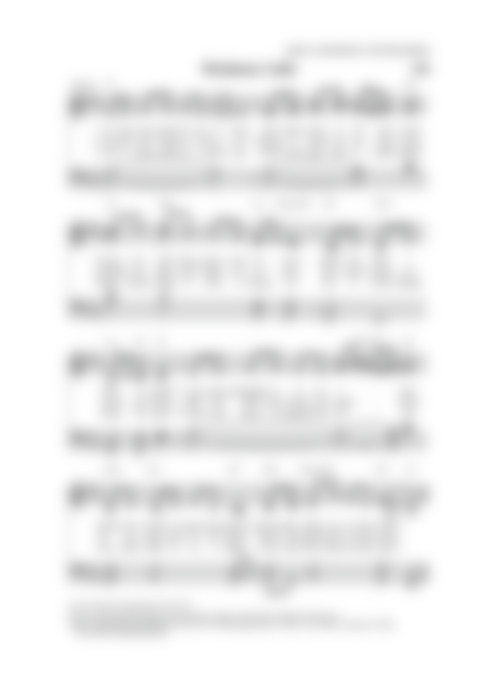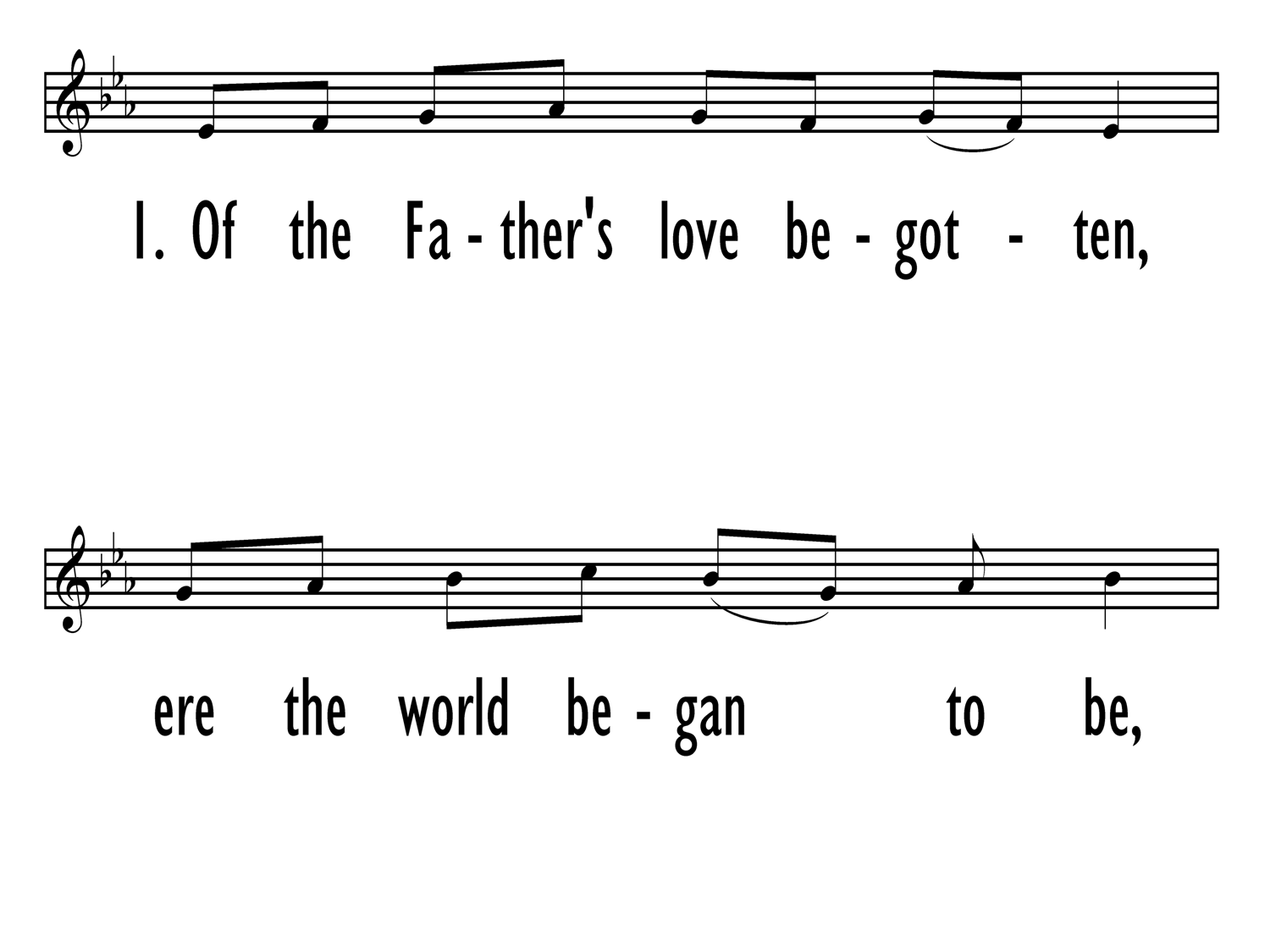54
Wisdom Calls
Copyright Information
- Text Copyright
- © 2012 Carol Bechtel, admin. Faith Alive Christian Resources
- Tune Copyright
- Arr. © 1982 Concordia Publishing House
- Reprint/Projection Information
-
Scripture References
Further Reflections on Scripture References
The Call of Wisdom is expressed in Proverbs 1:20-33 and 8:11-36.
Note how Christ is called the “wisdom of God” in I Corinthians 1:18-31, especially verses 24 and 30.
Note the relationship of wisdom and the Holy Spirit in I Corinthians 2:6-10.
Confessions and Statements of Faith References
Further Reflections on Confessions and Statements of Faith References
Throughout all of history, God’s people proved to be unfaithful to him and yet God, in his mercy, was full of grace. These truths are expressed in Our World Belongs to God, paragraph 22: “When Israel spurned God’s love…God scattered them among the nations, yet kept a faithful remnant and promised them the Messiah…God promised to forgive their sins and give them a new heart and a new spirit, moving them to walk in his ways.”

You can view this hymn by purchasing it in our Lift Up Your Hearts mobile app.


Due to copyright restrictions,
we cannot display this hymn on our website or provide printable copies of it.


 My Starred Hymns
My Starred Hymns







